Food production is responsible for a significant share of greenhouse gas emissions. This becomes evident if we look at the data on school meals: for example, Estonian schools distribute approximately 36 million meals per year, which represents 43,000 tons of CO2 emissions. Previous CLIKIS projects, which were carried out in Germany and Poland, showed that measures such as choosing climate-friendly ingredients for school menus, introducing and investing in energy-efficient technology and reducing food waste lead to approximately 40% reduction in emissions.
The CLIKIS project is the first project in Estonia that focused on making school meals that are at the same time more ecologically sustainable, healthy and nutritious for children. The CLIKIS project is implemented in 8 schools and kindergartens across Estonia: in the cities of Tartu, Viljandi, Narva and the capital - Tallinn. The project is managed by the Estonian Green Movement (EGM). Partners from Germany also participate in the project: IZT Institute for Future Studies and Technology Assessment, Wuppertal Institute for Climate, Environment, Energy (WU); and Croatia: Red Fork.
The methodology and calculations for the project were developed by the Wuppertal Institute, and the practical and theoretical training is carried out by IZT. In late spring 2021, two institutions (Viimsi School and Tallinn Magdaleena Kindergarten) were visited and analyzed by EGM while being taught by Michael Scharp from IZT. Michael's visit to Estonia was part of one of the practical training sessions for kitchen analyzers. The training had a theoretical part before visiting the schools.
During the visit, the schools submitted their weekly menus to the EGM for analysis and measurement in terms of CO2 emissions, energy consumption meters were installed on kitchen devices to measure electricity consumption, and waste management was discussed and reviewed. After analysis and calculations, the results were presented to the schools along with some recommendations on how to reduce their CO2 emissions.
Upon completion of the project, all schools and kindergartens will receive detailed reports on the impact on the climate and individual recommendations for its reduction.
The CLIKIS project plays a major role in the European Union's goal to reduce greenhouse gas emissions by at least 40% by 2030 and to be climate neutral by 2050.
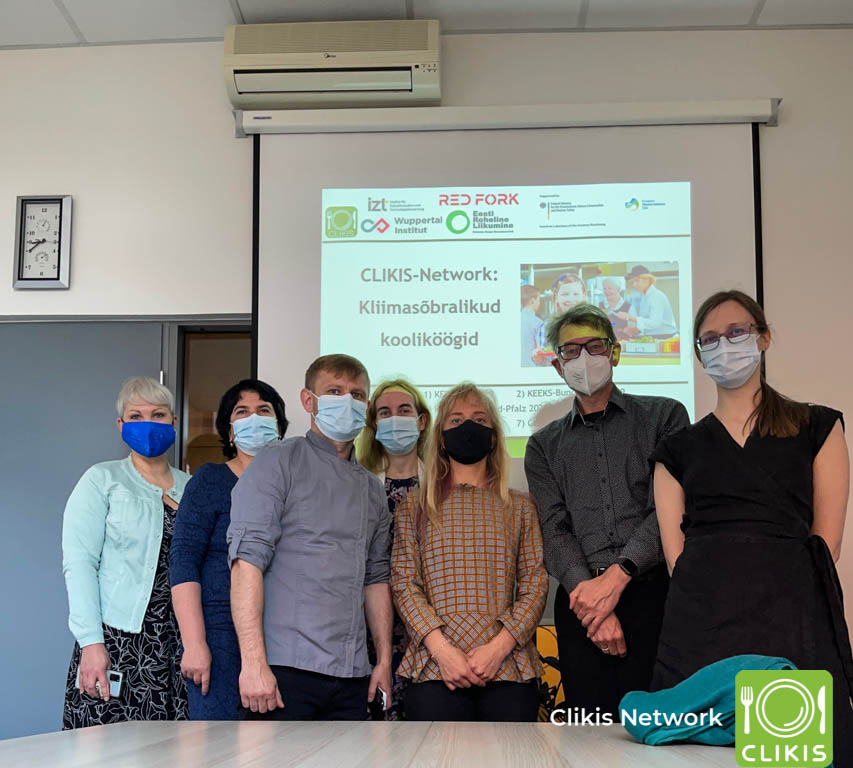
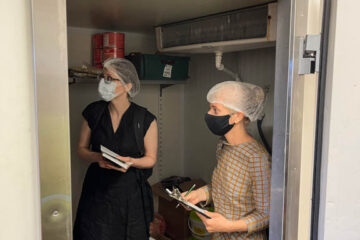
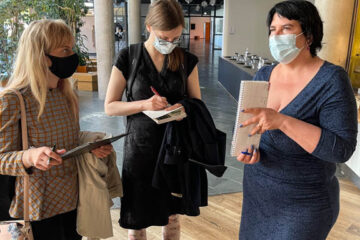
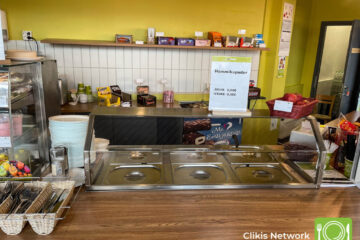
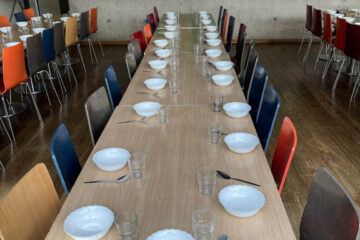
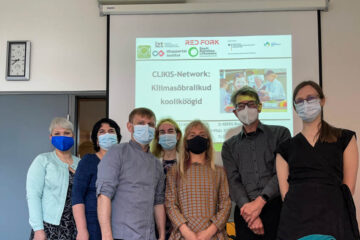
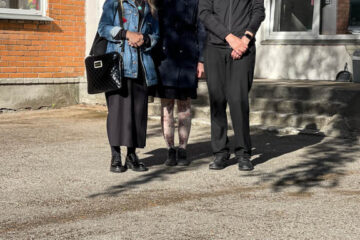
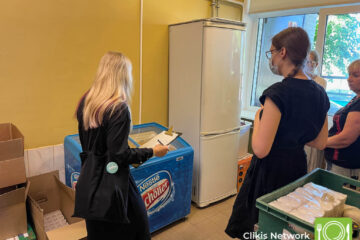
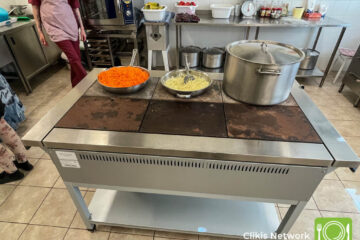
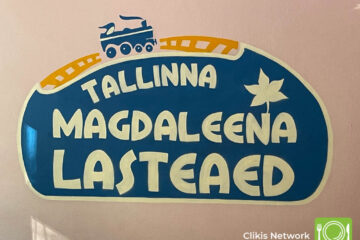
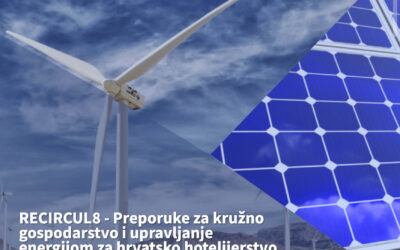
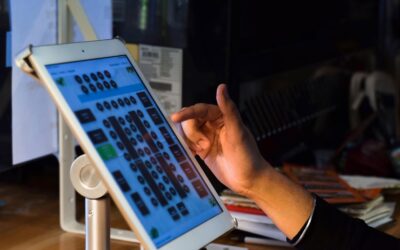

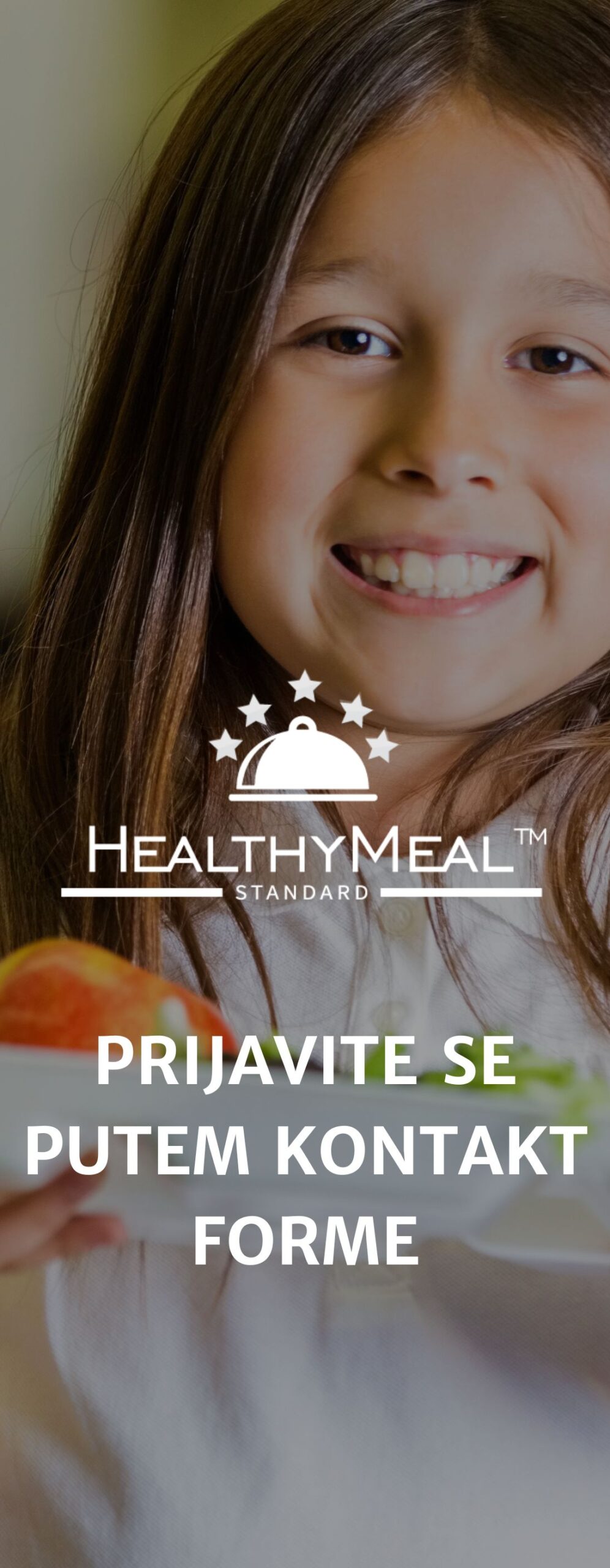
0 comments